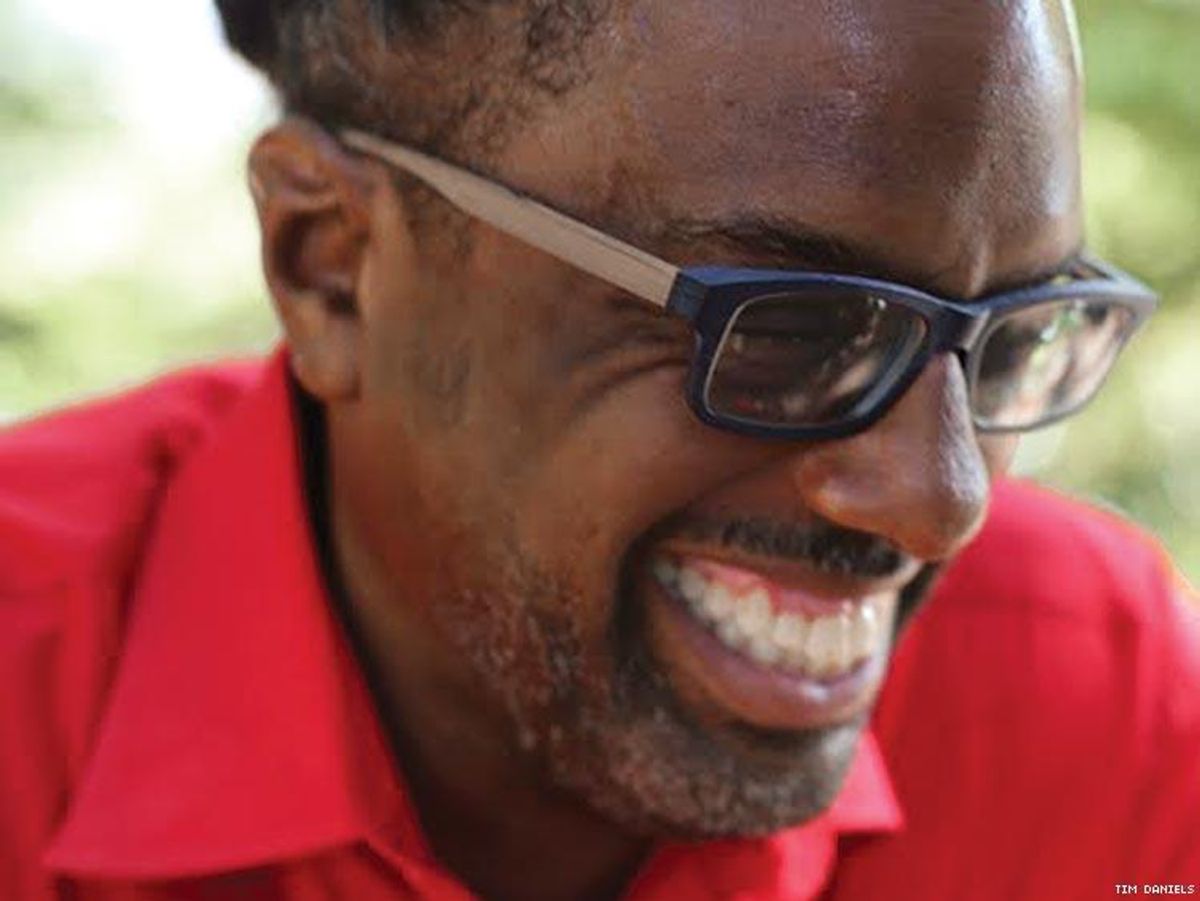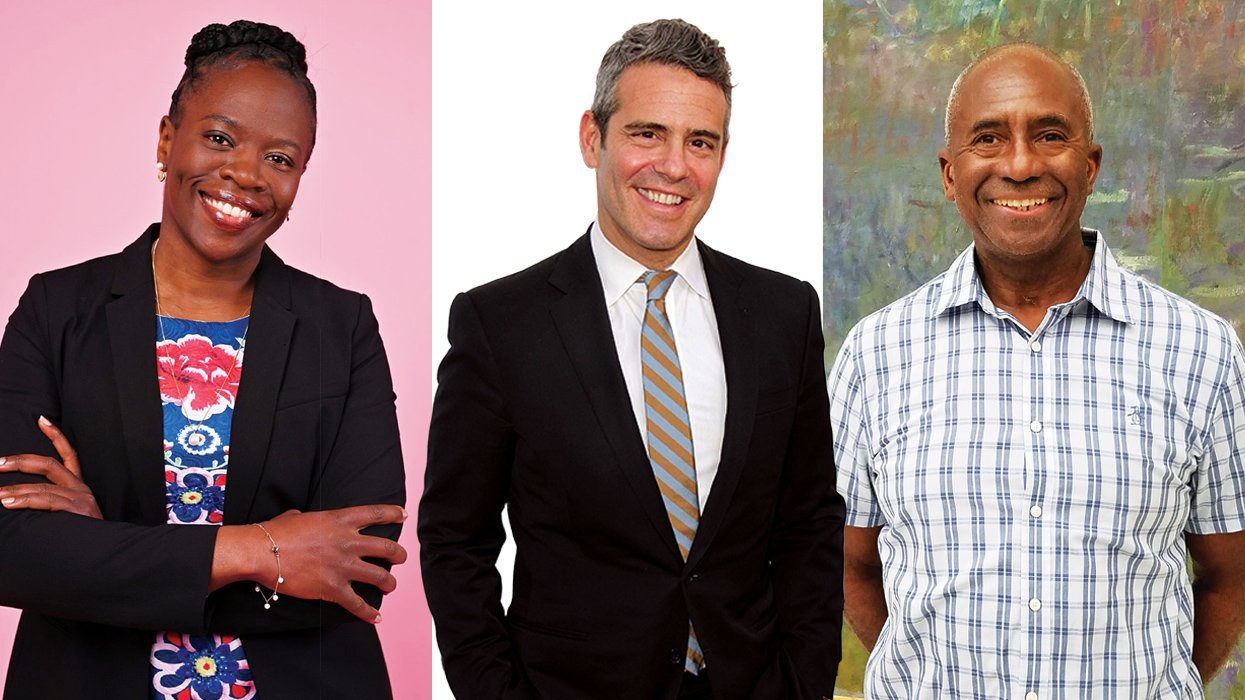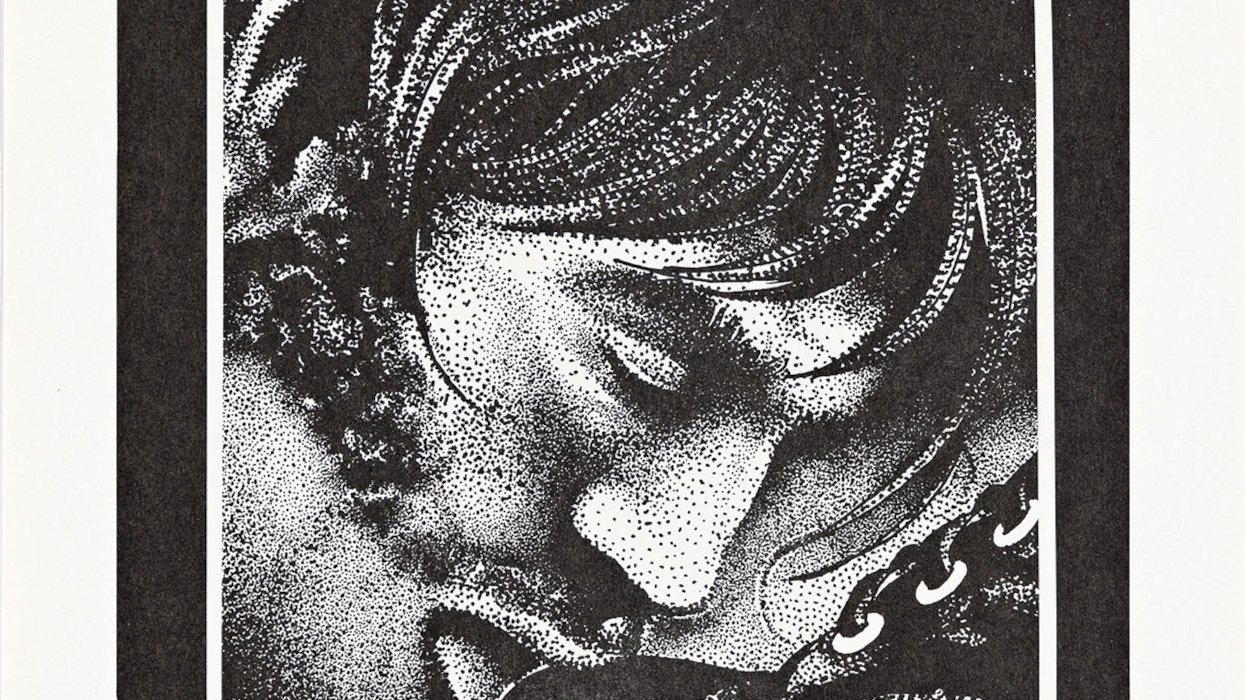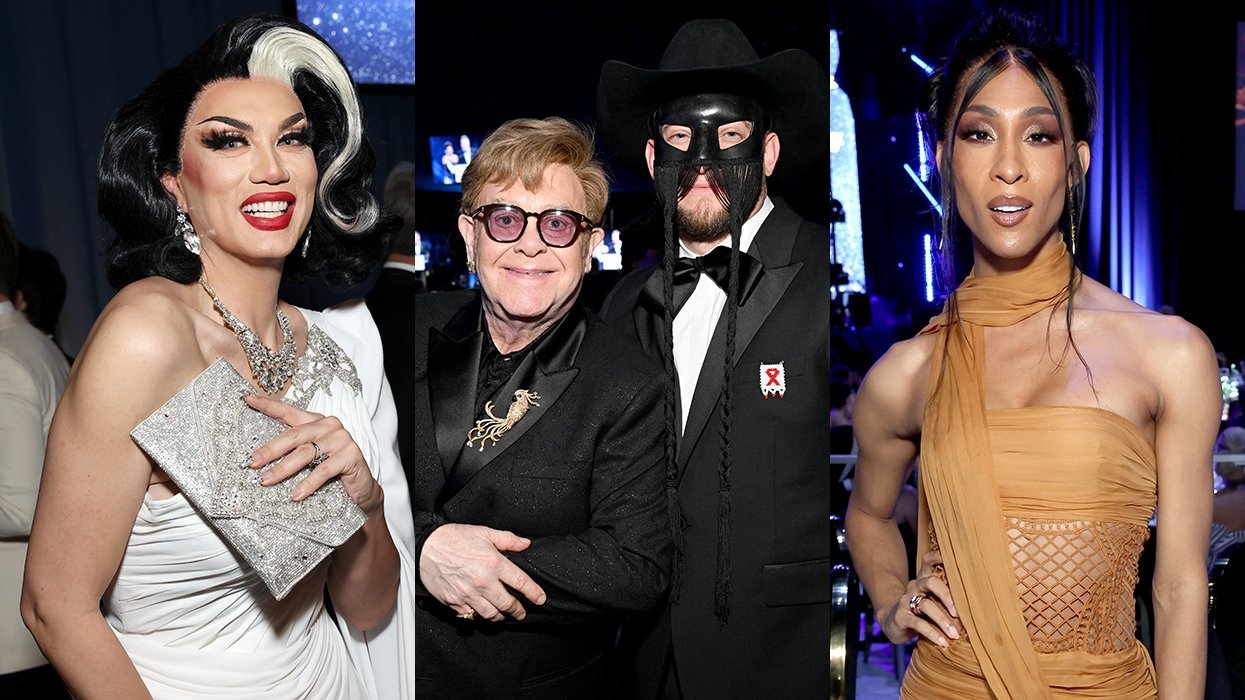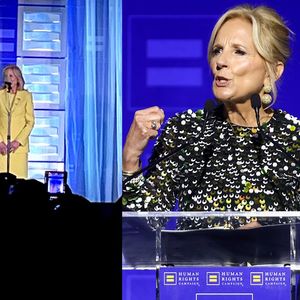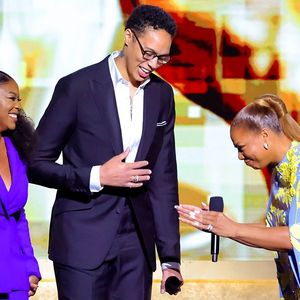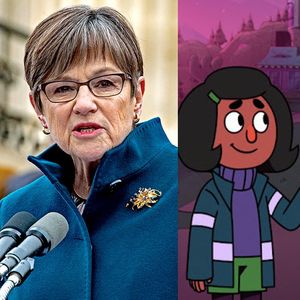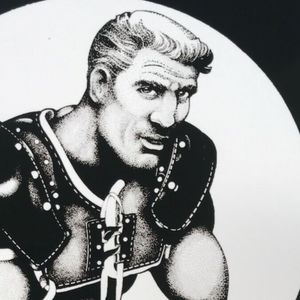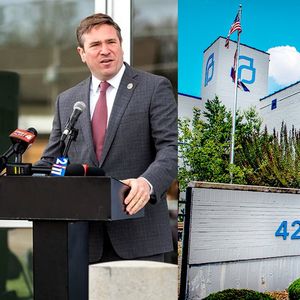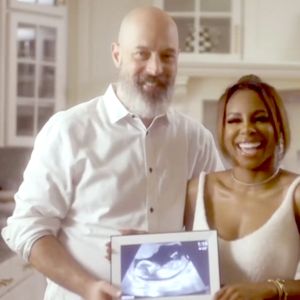“I have had women suggest that because I am bisexual, I spread HIV,” Khafre Kujichagulia Abif, told Plus magazine earlier. The 49-year-old bisexual man is an Atlanta-based HIV activist, author, and the editor of Cornbread, Fish and Collard Greens: Prayers, Poems & Affirmations for People Living With HIV/AIDS.
The father of two is married to a woman but — despite the dual stigmas — has been open about his bisexuality and HIV status with his partners. “There is no disconnect between who I say I am and what I do sexually,” he said in 2015. “Not enough people have open and honest discussions about HIV and sexuality. Far too many people have sexual partners with whom they have never had a conversation about HIV, STIs, and their own sexuality.”
But Abif does admit he didn’t always disclose his status in professional situations.
He’s the founding executive director of Cycle for Freedom, a 2012 ride from the Gulf of Mexico to Canada, retracing the 2,028-mile Underground Railroad to draw attention to the impact of HIV on African-Americans. Abif has served on HIV Prevention Community Planning Groups in Pennsylvania, New Jersey, and Georgia. As a librarian Abif was the first recipient of the Black Caucus of the American Library Association Dr. John C. Tyson Emerging Leader Award. His writing is featured in numerous anthologies (including the Handbook of Black Librarianship) and on TheBody.com.
“For many years my advocacy was done in confidential settings — [like] Ryan White Planning Council [and] State HIV Prevention Community Planning groups,” Abif says now. “My efforts made a difference in in lives of PLHIV, however my active open voice through writing and speaking without fear has had a greater impact. Perhaps I should have stepped out of the shadows of shame and stigma much earlier. If I had, my personal legacy and contribution to the fight to end HIV may have been even more significant.”
Although he was diagnosed with HIV in 1991, Abif also didn’t tell his mother that he was positive until five years later. She hugged him, she prayed, and she cooked — the cornbread, fish, and collard greens referenced in his anthology’s title.
“She wanted to fatten me up, I guess.” Abif jokes.
Last year, Abif founded Ubuntu Press which plans a series of anthologies (collecting short fiction, poetry, creative nonfiction, personal narratives, critical essays, and visual art) from black, trans, and HIV-positive voices beginning with Sistah’s Speak: Voices of HIV-Positive Women. “This project seeks to create a space for women to share their stories in their own voice,” Abif explains. “Sharing with an opens heart as a vehicle for chronicling your lives. The goal of this project is to empower, support the soul, and uplift the spirit of women living with HIV/AIDS.”
Sistah’s Speak has an expected released date in October, it will be followed by Raising Kazembe: A Memoir, a collection of journal entries written by an HIV-positive father to his son. It’s a fitting book for Abif to publish, as his HIV advocacy has often focused on the needs of children, youth, and families — particularly black families.
Disturbed by the increasing HIV infection rates among gay and bisexual youth, Abif argues that several factors are to blame. “Young people are self-identifying with their sexual orientation much earlier and it is resulting in them being thrown away by their families and [their] church.”
These discarded young people are left to fend for themselves on the streets, without high school diplomas or, Abif says, a “skill set for gainful employment, [or] the skill to negotiate healthy sexual relationships.”
He also blames cities that aren’t addressing homelessness, especially among youth. And “by and large, the very systems [and] organizations which were created to combat the rise of HIV continue to fail black gay and bisexual men; and our youth are suffering a greater burden as a result.”
Solving the complex problem will take greater accountability from HIV service organizations and coordinated efforts on the part of numerous agencies. Abif says we also need to “address the stigma which fuels the very idea that the lives of black gay and bisexual men and youth have no value. We must confront the internalized shame and negative self-thought of black gay and bisexual men and youth — which have many believing their life is not worth saving.”
Abif believes America needs to confront our reticence to providing comprehensive sex education in middle and high schools; and give young people the ability to access health care without the permission of their parents. “And,” he adds, “the black community needs to have a ‘new thought’ with regards to how the collective community must rally to combat these numbers and how we neglect and throw away black gay and bisexual youth; with the black church leading the way.”
